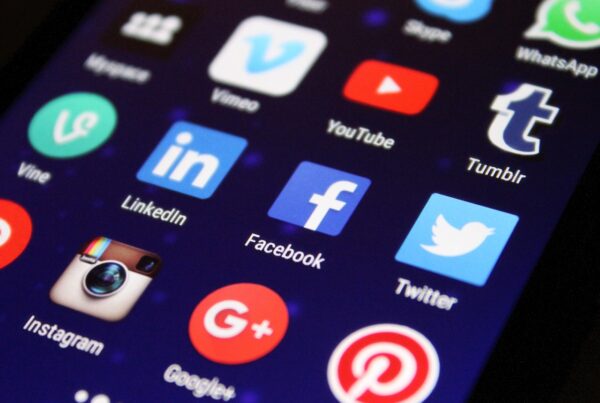#WFH : Are You Easily Distracted?
Because we are human beings, we are easily distracted. Focusing our attention is something that is up to each individual. Our mental focus varies based on the amount and number of distractions available in our environment and our mind. Once we get focused, the interpretation of the input is up to each one of us. It is subjective. Each of us has a different perception of whatever is coming to us from our senses. Our interpretation and others’ interpretation are different. Osmo Wiio, a famous Finnish communication scholar, developed what has affectionately come to be known as “Murphy’s 7 Laws of Communication” or “Wiio’s 7 Laws of Communication Failure.” The central Wiio’s law states that “communication usually fails, except by accident” (Hammock, 2013).
Each one of us has a narrative we go over in our minds that describes who and what we are. It is how we see ourselves and how we measure our worth. We each have unique personalities, self-concepts and self-efficacy. We compare ourselves to others, the media images we see. We review the roles we are expected to play and we develop a set of expectation about others and ourselves. When people and events match this set of expectations, we are usual-ly happy or at least not unhappy. When things don’t meet this set of expectations, we have a whole set of defensive tactics we use to defend our egos.
Psychologists have been studying the ways we defend our sense of self since (if not before) Freud. We evaluate our interactions and develop defenses when they do not meet our internal expectations. These expectations are developed over time from family relationships, social and cultural norms, and personal preferences. Our internal emotions quite often activate our external behaviors.
#WFH, #RemoteWorkplace, #RemoteWorker, #WorkFromHome, #BobbeGB, #BobbeBaggio, #ThePajamaEffect, #Touchpoints, #Virtual Workplace, #Virtual Worker, #PJEffect, #LinkedInNewsLive





